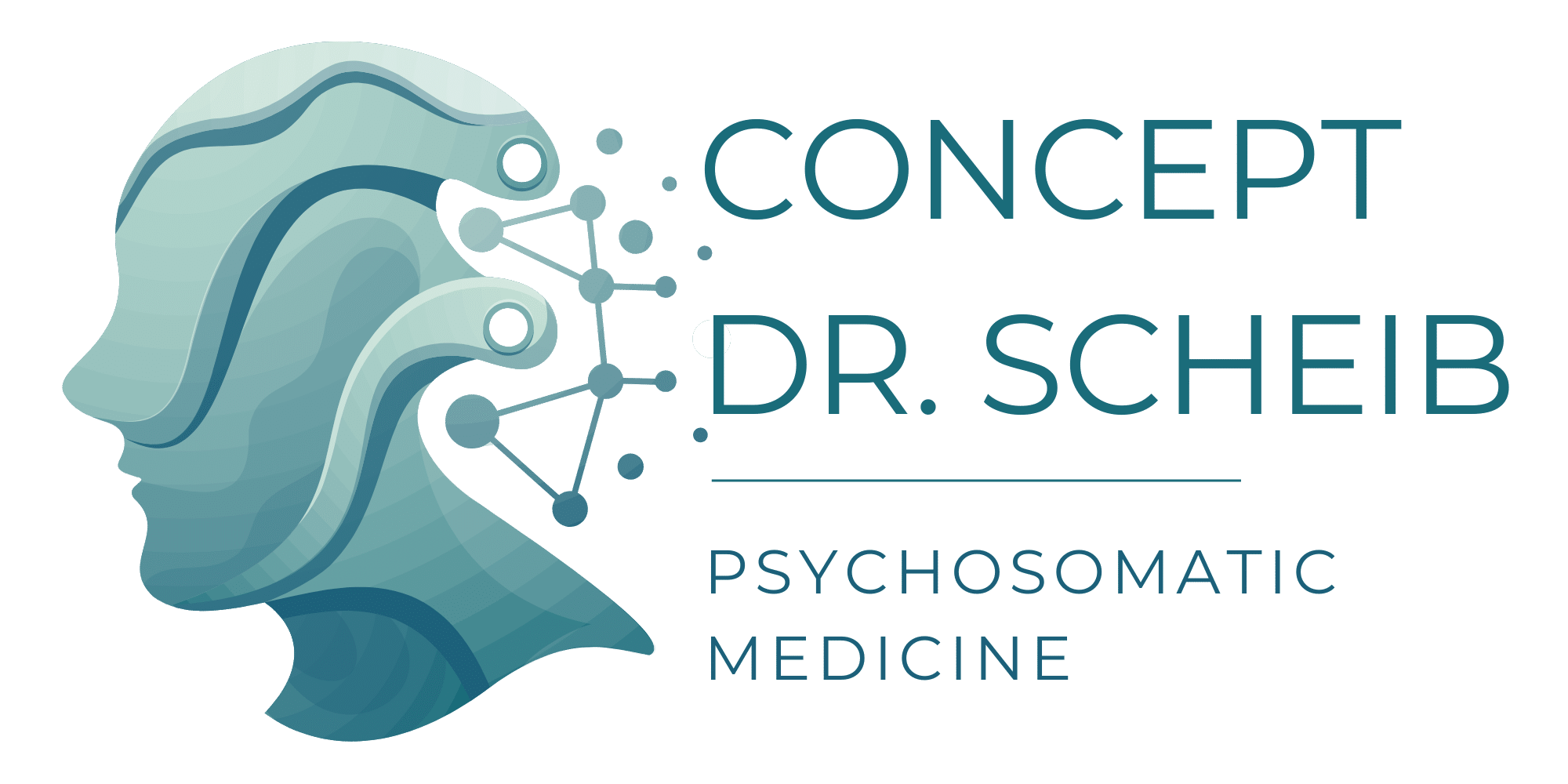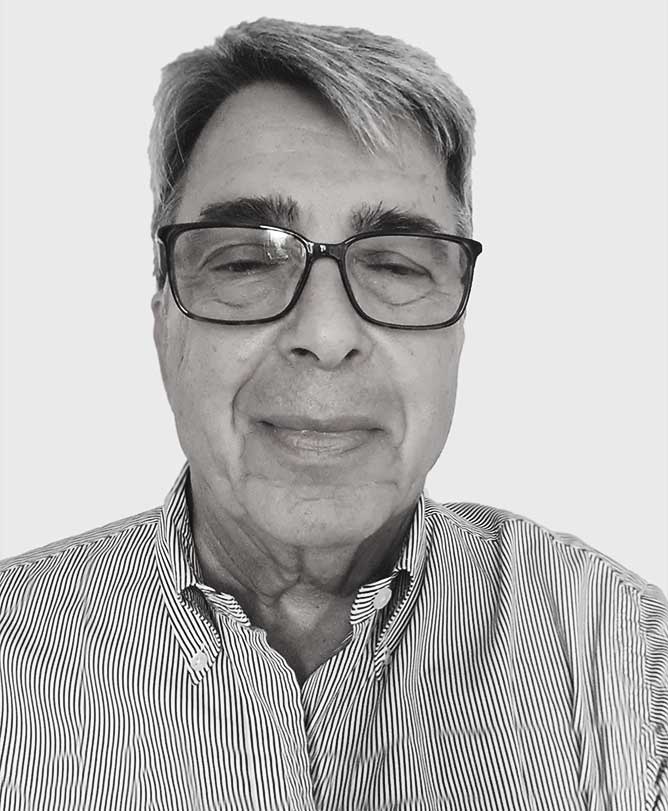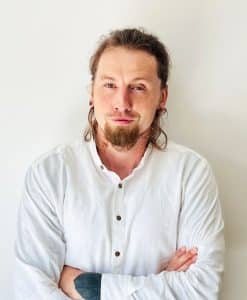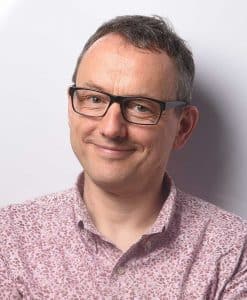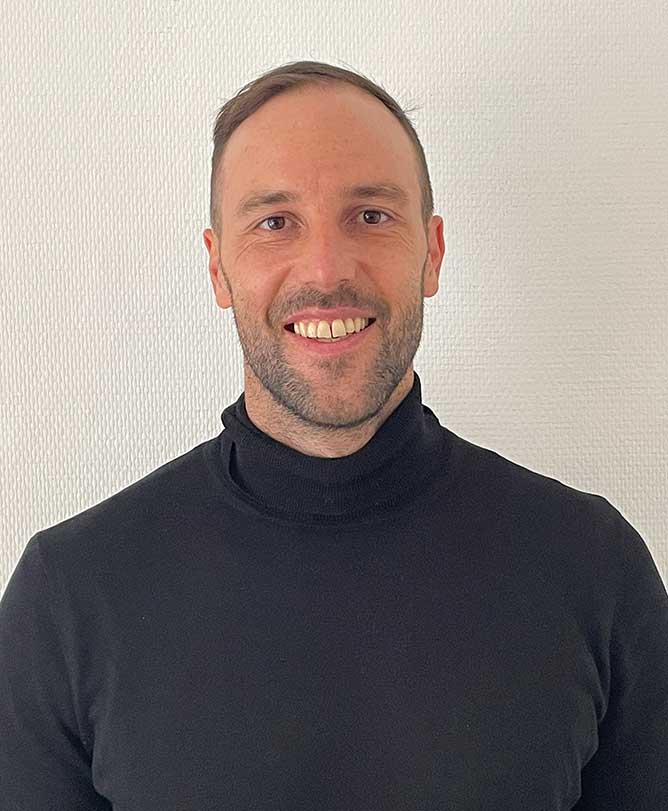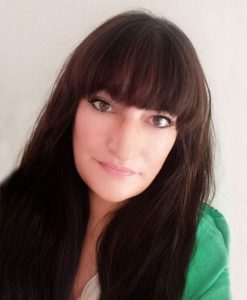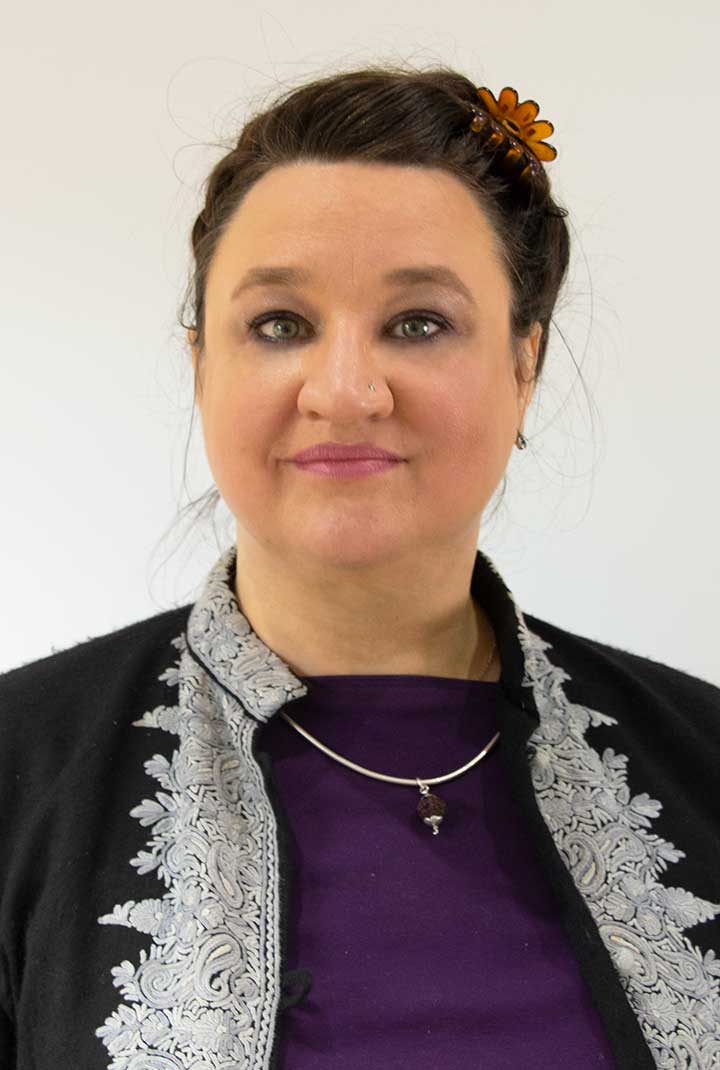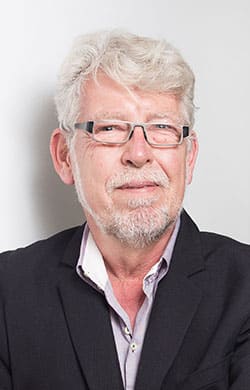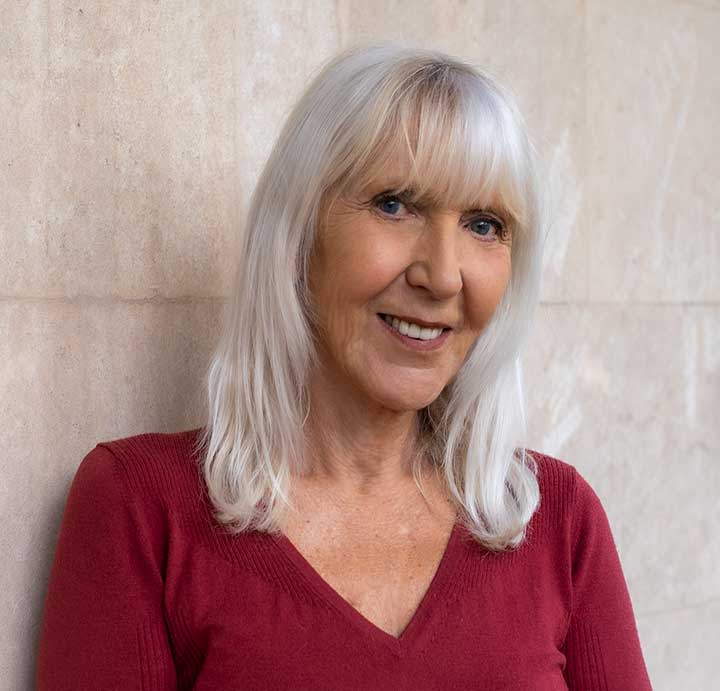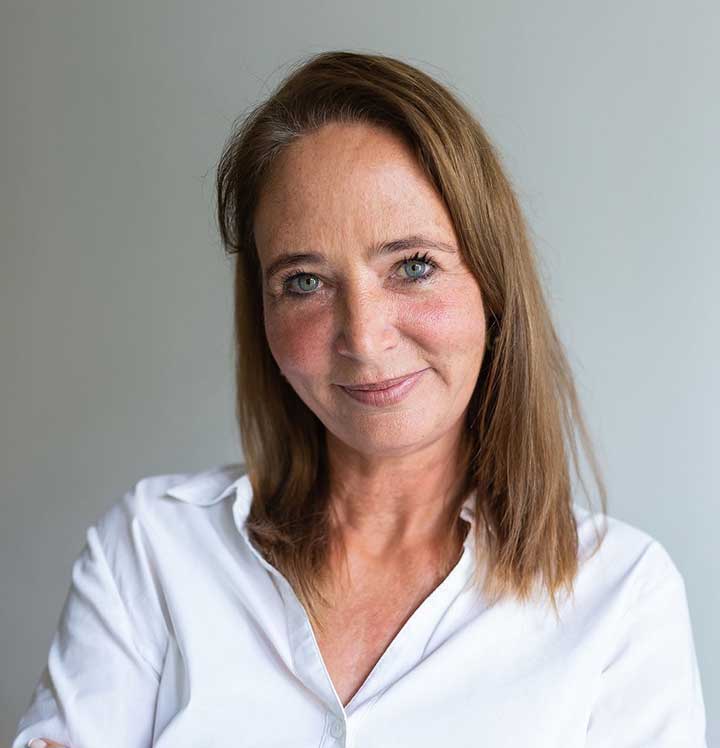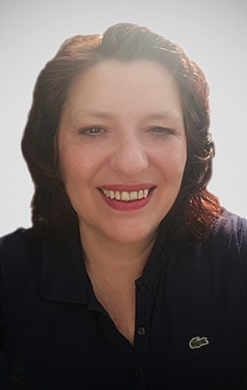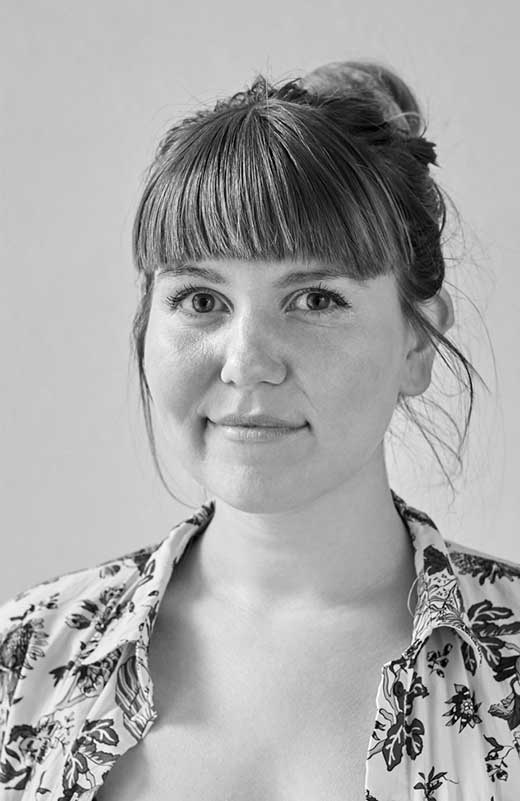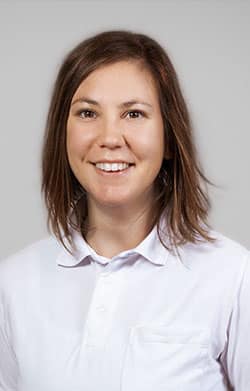Suicidality and suicidal thoughts
Treatment of suicidality with ketamine therapy, psychotherapy, and repetitive transcranial magnetic stimulation (rTMS)
What is suicidality?
Suicidality or suicidal thoughts are accompanied by feelings of futility, guilt and hopelessness, which prevent any joy in life and minimize the will to live. In this life situation, people see no other way out than death. Some people have thoughts of suicide all the time; they can’t think of anything else all day. Often, there is an experience of loss or mortification that triggers the depressive crisis.
Almost 10,000 people take their own lives in Germany every year; the number of suicide attempts is probably fifteen to twenty times higher. In most cases, depressive crises are the cause.
Suicidality and depression prevent an objective perception of reality because the brain of those affected with suicidality works differently. Most patients who have been saved from a suicide attempt, after adequate therapy, find life worth living again, even if they could not imagine this during the depressive crisis.
Treatment of suicidality and suicidal thoughts
Antidepressants usually only show an effect in suicidality after several weeks, if at all. A rare but dangerous side effect is that some antidepressants even increase suicidality.
Treating suicidality with ketamine infusions
Ketamine is currently considered the only substance that usually attenuates or makes suicidal thoughts disappear during or shortly after the infusion. In almost all patients suicidality subsides within hours or a few days of the first ketamine infusion

We treat suicidality with ketamine infusions and intensive psychotherapy. In case of acute suicidal thoughts, inpatient treatment is usually required. At our clinic on Mallorca, suicidal patients are accompanied by a nurse 24 hours a day in individual care.
It is important to continue treatment of any underlying depression. For this purpose we offer intensive individual psychotherapy.
Repetitive transcranial magnetic stimulation (rTMS) in combination with ketamine infusions and psychotherapy leads to longer lasting effects. The majority of our patients find joy in life again, despite possibly preceding tragic experiences of loss.
Important: If you have suicidal thoughts, act quickly and seek help! Do not wait! In case of emergency, the german counselling service is available 24/7 at telephone +49 800-1110111 or +49 800-1110222.
Write an email or use our contact form to receive further information about our therapies:
F.A.Q. Ketamine treatment
Frequently asked questions about our Ketamine treatment
For privately insured patients, treatment is usually covered – depending on the contract. For patients with statutory german health insurance, the decision is often made on a case-by-case basis. If a depression has already been treated several times without success, it is called therapy-resistant depression. In this case, the chances are good of the costs being covered or at least a contribution to the costs is approved.
We are currently the only center in Europe where ketamine therapy, rTMS and intensive psychotherapy are offered simultaneously.
Ketamine is also used in the drug scene – but in a much higher dosage and not as a continuous infusion, but as a single dose. At this dosage, the depth of the trance cannot be controlled. Continuous use of high doses can cause chronic bladder infections.
There is no potential for dependence at the dosage used to treat depression and other conditions.
Ketamine has been an approved drug since 1970. When used for the treatment of depression, compulsions, etc., it is a so-called “off label” treatment. These therapies are common and legal, but are not always covered by health insurance.
